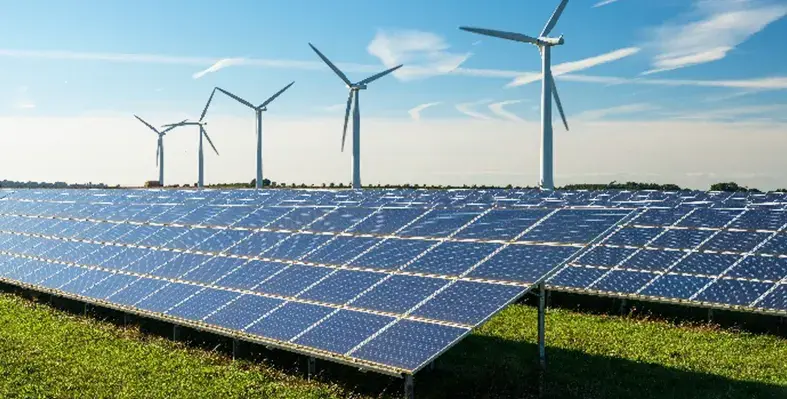The global energy transition to a more equitable, secure and sustainable energy has lost momentum in the face of increasing uncertainty worldwide, according to a new World Economic Forum report
While 107 of the 120 countries benchmarked in the report demonstrated progress on their energy transition journeys in the past decade, the overall pace of the transition has slowed, with economic volatility, heightened geopolitical tensions and technological shifts all having an impact. However, increasing global investments in renewables and significant growth in energy transition performance in sub-Saharan Africa over the past decade are positives.
Fostering Effective Energy Transition 2024, published in collaboration with Accenture, uses the Energy Transition Index (ETI) to benchmark 120 countries on the performance of their current energy systems, with a focus on balancing equity, environmental sustainability and energy security, and on their transition-readiness.“We must ensure that the energy transition is equitable, in and across emerging and developed economies,” said Roberto Bocca, head of the Centre for Energy and Materials, World Economic Forum. “Transforming how we produce and consume energy is critical to success. We need to act on three key levers for the energy transition urgently: reforming the current energy system to reduce its emissions, deploying clean energy solutions at scale, and reducing energy intensity per unit of GDP.”
Europe leads the rankings
Europe continues to lead the ETI rankings, with the top 10 list for 2024 fully composed of countries from that region. Sweden comes top, followed by Denmark, Finland, Switzerland and France.These countries benefit from high political commitment, strong investments in research and development, expanded clean energy adoption – accelerated by the regional geopolitical situation, energy-efficiency policies and carbon pricing.
China and Brazil have advanced significantly in recent years, primarily driven by long-term efforts to increase the share of clean energy and enhance their grid reliability.The gap in overall ETI scores has narrowed between advanced and developing economies, although clean energy investment continues to be concentrated in advanced economies and China. This underscores the need for financial support from advanced nations to facilitate an equitable energy transition in emerging and developing nations and forward-thinking policy-making in all nations to foster conducive investment conditions.
Over the past decade, the Middle East, Africa and Pakistan region has seen a 7% growth in its ETI score, which has stagnated in the last three years, according to the report, a significant barrier being the decline in finance and investment over this period. The region’s heavy reliance on oil revenues poses a challenge for a sustainable energy transition. Its regional score lags behind all regions except sub-Saharan Africa.
While the world remains off-track to meet net-zero ambitions by 2050 and limit global warming to no more than 1.5C, there has been notable progress in energy efficiency and an increase in the adoption of clean energy sources.
Innovation is a key enabling factor for the energy transition and can reduce costs, scale key technologies, renew and reskill the workforce and attract investments, the report stresses. Digital innovations, including generative AI, offer significant opportunities to reinvent the energy industry by enhancing productivity. Generative AI's ability to analyse vast quantities of data can provide innovative forecasts and solutions, or streamline existing operations to increase efficiencies, among other benefits. However, it will be crucial to responsibly and equitably address the risks and challenges posed by these technologies.
“C-suites consistently tell us a clear business case is a prerequisite for attracting investments in the energy transition, especially in the face of higher interest rates and the emerging talent shortage," said Muqsit Ashraf, group chief executive, Accenture Strategy. "We believe that a strong digital core, enabled by generative AI, can boost productivity, enhancing returns and talent availability and unlocking a new wave of investments.”







